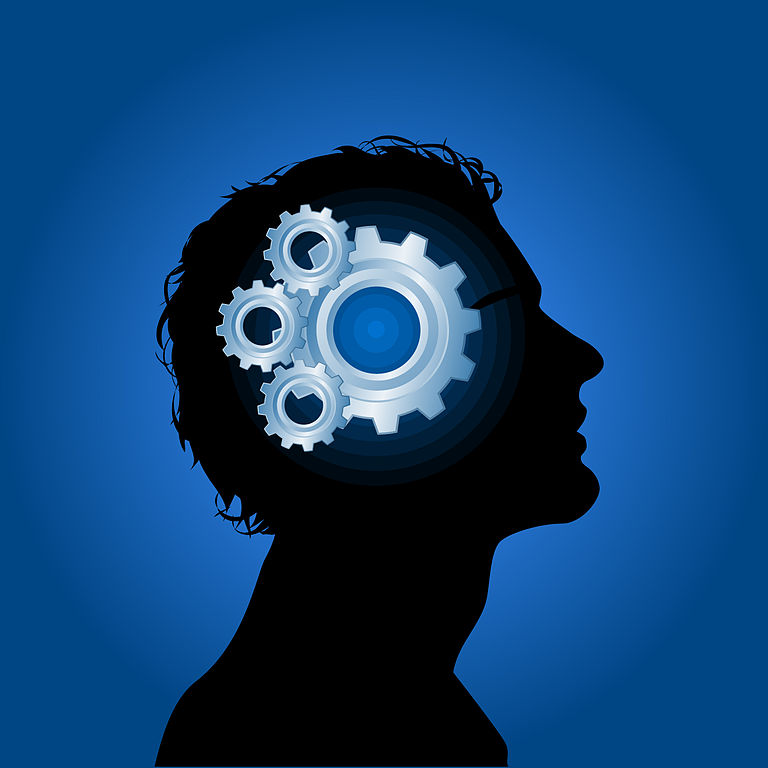The cognitive stage of skill acquisition is characterised by mental processes and the athlete thinking about the skill. The athlete at this stage needs to think about their body position, which muscles they are contracting and what the movement should look like. The athlete is thinking about what they are doing at each section of skill execution, resulting in a non fluid movement.
Athletes at this stage have large frequent errors and have a robotic jerky movement. Such an athlete may miss the ball that they are attempting to kick completely, or kick it backwards instead of forwards. Try and visualise a toddler learning to walk, or a 3 year old trying to kick a ball. They watch lots, try and mimic movements, and get frustrated at their errors.
A coach needs to provide lots of feedback and demonstrations during the cognitive stage of skill acquisition. They might use videos or other visualisations to help show the athlete what the skill looks like when done well. A coach will often break the skill down into its various sections to be put together as the athlete progresses in their learning.
As is often the case in learning a new skill, frequent short periods of exposure are best for its development. 20-40 min 3-5 times a week is a great amount of practice for learning a new skill. Even the training session itself, could break this new skill up by including skills the athlete does well, to ensure they are getting positive results as well as they learn the new skill. This makes distributed part practice the best practice method for the athlete at the cognitive stage of skill acquisition.

